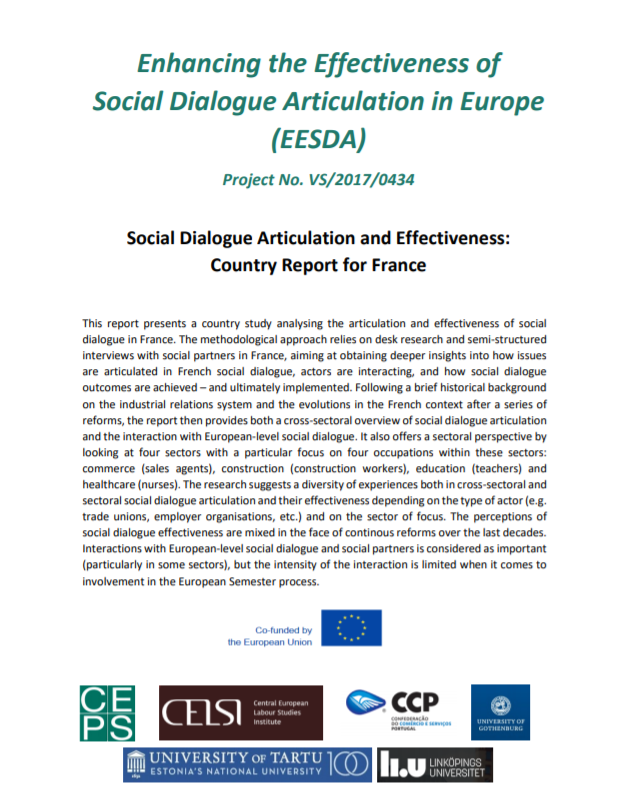
Summary
This case study analyses the development of tripartite social dialogue in Rwanda. It is discovered that the insistence of true unions has led to the flourishing of social dialogue, especially tripartite, in Rwanda. This has led to increases in working conditions and salary for construction workers in the region.
For the original source, please click here


